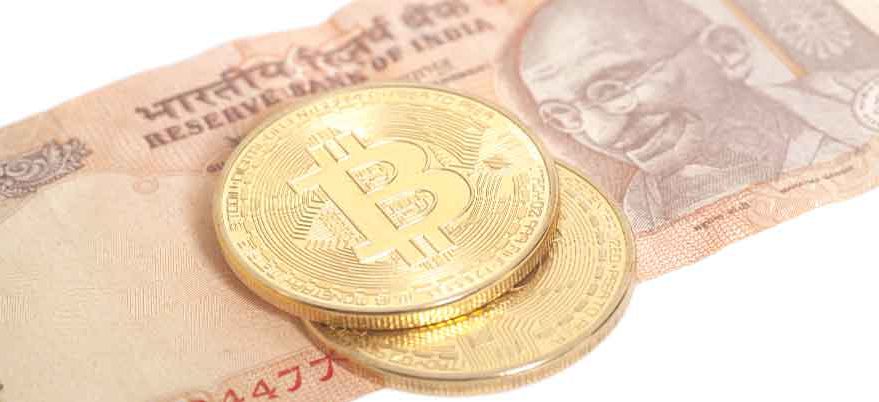|
Getting your Trinity Audio player ready...
|
Tax authorities in India have started knocking on the doors of local domestic exchanges.
The purpose, according to Income Tax Department, is to find a way to tax cryptocurrency-related transactions in the country. Spokeswoman Surabhi Ahluwalia told Reuters that the tax department is “looking at collecting information about modus-operandi of [BTC] exchanges, investors, their source of investment and possibility of collecting tax.”
So far, surveys have been conducted in the cities of Mumbai, Pune, New Delhi, Gurugram, Ghaziabad, and Hyderabad, where most of cryptocurrency traders were located, according to The Hindu.
A central tax authority official told the Indian news outlet that they “suspect high net worth individuals to have invested in bitcoins, and we are checking on the source of their investment.”
“The department wanted to ascertain what is the extent of investment, who are investing, whether investments are accounted for and what they are doing with the return on investment,” sources familiar with the matter told The Hindu.
The news of a tax department-led survey follows the warning made by the Reserve Bank of India (RBI) against dealing with cryptocurrencies like BTC. The RBI has the power to regulate the digital payments industry of India under the Payments and Settlement Systems Act of 2007.
Several weeks ago, the Indian central bank cautioned “users, holders and traders of virtual currencies (VCs) including Bitcoins regarding the potential economic, financial, operational, legal, customer protection and security related risks associated in dealing with such VCs.”
The warning comes just as BTC hit a record-high of $13,000. On Friday, the cryptocurrency traded at the $17,700 with a market capitalization of $297.85 billion, according to data from CoinMarketCap.
This isn’t the first time that RBI issued a warning against cryptocurrency trading. In its February warning, the central bank said “it has not given any licence/authorization to any entity/company to operate such schemes or deal with Bitcoin or any virtual currency,” noting that “any user, holder, investor, trader, etc. dealing with virtual currencies will be doing so at their own risk.”

 02-14-2026
02-14-2026 




